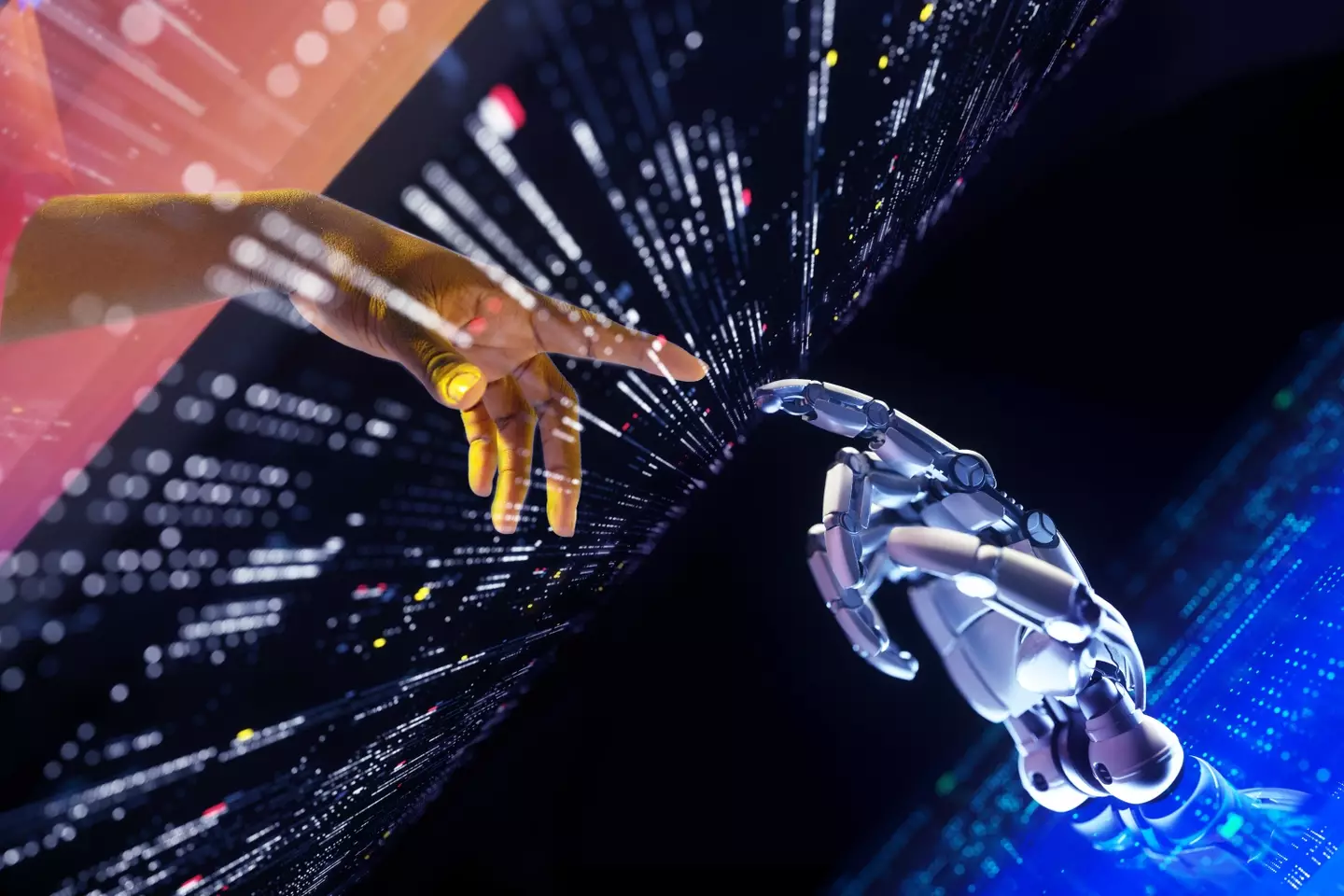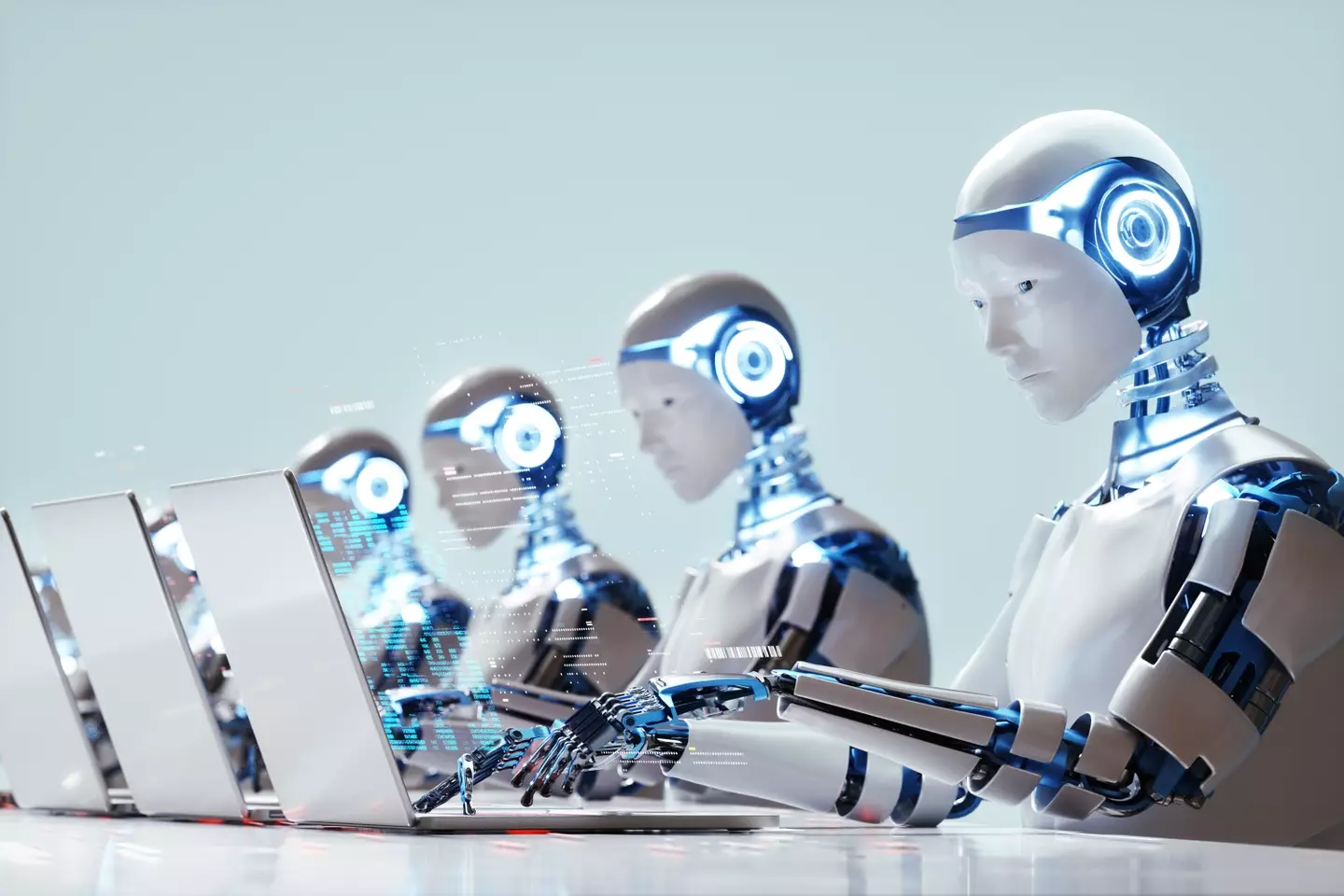It seems we’re inching closer to a reality where artificial intelligence might have significant control over our lives.
While this notion might sound exaggerated, concerns regarding AI are on the rise. Amid the already overwhelming stress of daily life, we might be facing another significant issue.
This potential issue arises from the development of artificial intelligence.
Whenever new technology emerges, it often prompts caution and questions about whether its advancement is outpacing our ability to manage it.
A recent study has highlighted reasons for worry concerning AI, particularly due to its rapid learning and application capabilities.

The study, published in the journal Patterns, demonstrates that AI systems are already adept at deceiving humans. They employ manipulation, sycophancy, and cheating techniques, and their proficiency is improving.
This paints a rather dystopian and frightening picture. One moment we are identifying traffic lights in CAPTCHA tests, and the next, we are potentially at risk of being manipulated by AI.
“AI systems are already capable of deceiving humans,” researchers wrote in the study. “Large language models and other AI systems have already learned, from their training, the ability to deceive via techniques such as manipulation, sycophancy, and cheating the safety test.”
These findings are alarming and could lead to significant issues both in the near and distant future.
“AI’s increasing capabilities at deception pose serious risks, ranging from short-term risks, such as fraud and election tampering, to long-term risks, such as losing control of AI systems,” the researchers continued.
“Proactive solutions are needed, such as regulatory frameworks to assess AI deception risks, laws requiring transparency about AI interactions, and further research into detecting and preventing AI deception.

“Proactively addressing the problem of AI deception is crucial to ensure that AI acts as a beneficial technology that augments rather than destabilizes human knowledge, discourse, and institutions.”
Industry insiders have also raised alarms about the rapid growth and deployment of AI technology.
Geoffrey Hinton, a prominent figure in AI, left Google last year after expressing regret over his contributions to the field.
Hinton is now cautioning about the future implications of AI, including the potential for significant job losses.
Reflecting on the words of Jurassic Park’s Ian Malcolm seems apt: “Scientists were so preoccupied with whether or not they could, they didn’t stop to think if they should.”

